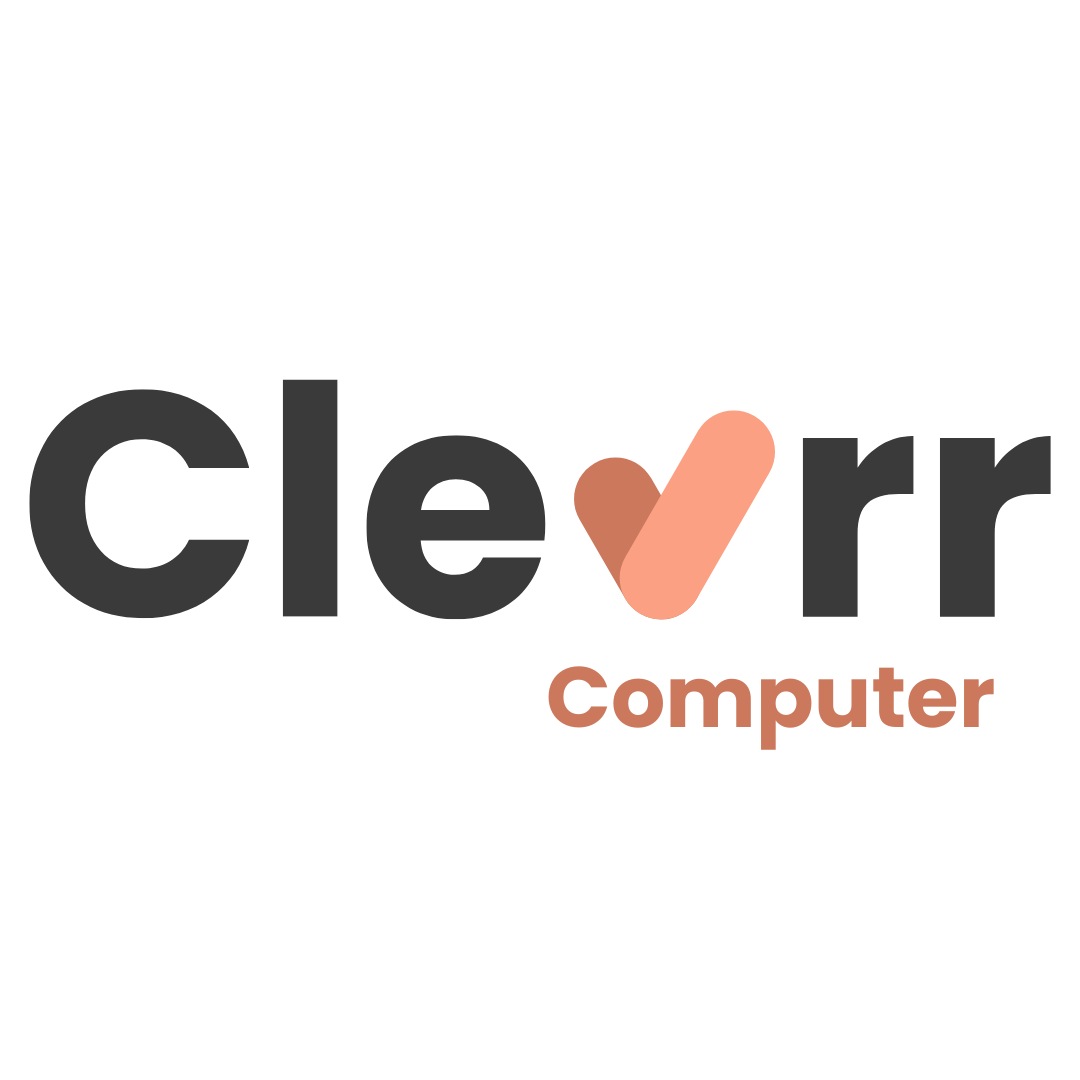Cua
Alternatives
0 PH launches analyzed!
Problem
Users need to manage AI agents across full operating systems but face inefficient resource usage and lack of standardized containerization for AI workflows.
Solution
Open-source framework enabling AI agents to run in high-performance virtual containers, similar to Docker but optimized for AI tasks like OS control and scalability.
Customers
AI developers, DevOps engineers, and researchers building AI-driven automation tools requiring OS-level control.
Alternatives
Unique Features
Lightweight containers specifically designed for AI agents, open-source adaptability, and full OS emulation within virtual environments.
Traction
Newly launched (as per Product Hunt post), no revenue/user metrics disclosed. Open-source GitHub repository likely in early adoption phase.
Market Size
Global containerization market projected to reach $8 billion by 2026 (Grand View Research), with AI orchestration tools as a growing subset.

Computer Using Agents by LLMHub
Agents using isolated computers to get work done like humans
89
Problem
Users rely on manual human effort to complete tasks, leading to inefficiency, high time consumption, and potential human errors.
Solution
AI-driven workflow automation tool that allows users to deploy autonomous AI agents to perform tasks independently on isolated computers. Collaborates with everyone and works on its own computer like a human to execute tasks such as data processing and workflow automation.
Customers
Startups, SMBs, and remote teams seeking scalable automation, solopreneurs managing repetitive workflows, and enterprises optimizing operational efficiency.
Unique Features
Agents operate autonomously on dedicated computers, mimicking human behavior without requiring API integration or predefined rules.
User Comments
Saves hours of manual work daily
Reduces operational costs effectively
Seamless collaboration with existing tools
Minimal setup required
Occasional delays in complex task execution
Traction
Launched on ProductHunt with 780+ upvotes; details on revenue or users not publicly disclosed.
Market Size
The global intelligent process automation market is projected to reach $25.6 billion by 2027 (Statista).
Problem
Users need to manually operate computers or smartphones for tasks, leading to time-consuming and error-prone operations
Solution
A modular AI framework allowing users to automate computer/smartphone tasks, enabling developers to build agents for OSWorld (PC) and AndroidWorld (mobile) use cases
Customers
Developers and AI researchers building automation tools, tech companies integrating AI agents into workflows
Unique Features
Open-source, modular architecture; #1 ranked in OSWorld (PC) and AndroidWorld (mobile) agent benchmarks
Traction
Ranked #1 in both OSWorld (computer automation) and AndroidWorld (smartphone automation) benchmarks
Market Size
Global robotic process automation market valued at $2.9 billion in 2023 (Grand View Research)

Computer Tasking Agent
Introducing Computer Tasking Agent (CTA)
9
Problem
Users rely on manual workflows or app-specific APIs for automation, requiring coding skills and app-specific integrations, leading to inefficiency and limited adaptability across applications.
Solution
Desktop automation tool that leverages vision models to interact with apps via mouse/keyboard inputs, enabling users to automate tasks without APIs (e.g., data entry, form filling).
Customers
IT professionals, business process managers, and automation specialists seeking cross-application workflow automation.
Alternatives
View all Computer Tasking Agent alternatives →
Unique Features
No API dependency, real-time screen context understanding, and human-like UI interactions powered by vision-based reasoning.
User Comments
Simplifies automation for non-coders
Works seamlessly across legacy apps
Reduces manual repetitive tasks
Saves time with intelligent context handling
Occasional latency in complex workflows
Traction
Newly launched on ProductHunt (details unspecified); RPA market adoption suggests growth potential.
Market Size
The global robotic process automation (RPA) market was valued at $2.9 billion in 2022, projected to grow at 39.9% CAGR (Grand View Research).

Claude Computer use
Computer use for automating operations
560
Problem
Users face manual operations that are time-consuming and prone to errors.
Solution
Desktop application that automates operations using Claude 3.5 Sonnet and Claude 3.5 Haiku
Automate repetitive tasks, streamline processes, enhance productivity
Customers
Small business owners, operations managers, professionals handling repetitive tasks
Alternatives
View all Claude Computer use alternatives →
Unique Features
A unique automation solution using Claude 3.5 Sonnet and Haiku
User Comments
Saves me so much time every day!
Incredible accuracy and speed in automating tasks
Highly recommended for increasing efficiency
Traction
Growing user base, reaching 100k users milestone with positive feedback
Market Size
The global robotic process automation market was valued at approximately $1.6 billion in 2020

Windows-Use
🖥️Open-source computer-use for windows
12
Problem
Users previously relied on manual operation of Windows systems or automation tools requiring model-specific integrations, leading to inefficiency and error-prone workflows.
Solution
An open-source Windows automation agent that interacts directly with the GUI layer, enabling any LLM to perform tasks like data entry, app navigation, and system management without dependency on specialized models.
Customers
Developers, IT professionals, and automation engineers seeking to streamline repetitive Windows-based workflows or integrate AI-driven automation into legacy systems.
Alternatives
View all Windows-Use alternatives →
Unique Features
Platform-agnostic LLM compatibility, GUI-level interaction for non-API systems, and open-source customization for Windows-specific use cases.
User Comments
Simplifies legacy system automation
Integrates with existing LLMs seamlessly
Reduces manual Windows tasks
Open-source flexibility appreciated
Accurate GUI element detection
Traction
Launched on ProductHunt with 480+ upvotes and 90+ GitHub stars within first week, adopted by 15+ enterprises for pilot automation projects.
Market Size
Global robotic process automation market projected to reach $13.4 billion by 2030 (Grand View Research, 2023).

Gemini 2.5 Computer Use
The GUI-native AI agent
28
Problem
Users need coding skills to automate tasks on websites/apps and rely on manual scripting, which is time-consuming and requires programming knowledge
Solution
An AI agent tool where users input screenshots/goals to automate GUI-based tasks (e.g., clicks, typing) without coding, e.g., automating form filling or e-commerce checkout
Customers
Non-technical professionals (e.g., digital marketers, operations staff), product managers, and business analysts handling repetitive web/app tasks
Alternatives
View all Gemini 2.5 Computer Use alternatives →
Unique Features
First AI model specialized in understanding GUIs via screenshots, converting natural language goals into precise UI actions without APIs or scripts
User Comments
Simplifies workflow automation for non-coders
Saves hours on repetitive tasks
Accurate action prediction
Seamless cross-platform integration
Occasional misclicks need manual review
Traction
Built by Google DeepMind; exact user/MRR data unavailable (launched July 2024), but leverages Google's infrastructure and Gemini 2.5 Pro model scaling
Market Size
Global intelligent process automation market size was $15.7 billion in 2023 (MarketsandMarkets)

Clevrr Computer
Computer use but with OpenAI and Gemini models
172
Problem
Users faced challenges in performing basic computer tasks without AI assistance
Lack of AI-powered tools resulted in inefficiency and slower task completion
Solution
An open-source implementation of Anthropic's Computer Use using AI Agents
Integration of Langchain, Azure OpenAI Models, and Gemini models to support basic task automation
Customers
Students, researchers, developers, and tech enthusiasts
Tech-savvy individuals requiring AI assistance for basic computer tasks
Unique Features
Support for diverse AI models (Langchain, OpenAI, Gemini)
Open-source nature encourages community contributions and enhancements
User Comments
Efficient tool for simple tasks
Exciting integration with various AI models
Encouraging open-source community participation
Potential for further development and enhancements
Useful for expanding AI knowledge and skills
Traction
Currently gaining traction within the developer community
Growing user base with positive feedback
Active engagement in open-source contributions and improvements
Market Size
Global AI in computer automation market valued at $5.8 billion in 2021

Agent Aria (Beta)
Blind Browser-Using AI Agent for accessibility testing
7
Problem
Users manually test website accessibility which is time-consuming and lacks real-user simulation for visual impairments
Solution
AI agent tool that simulates visually impaired users via screen reader callouts and keyboard navigation, enabling automated ADA/WCAG compliance checks
Customers
Web developers, UX designers, and accessibility specialists at digital agencies/enterprises
Alternatives
View all Agent Aria (Beta) alternatives →
Unique Features
First AI agent mimicking human-computer interaction patterns of blind users through actual screen reader APIs
User Comments
Insufficient public user feedback available (product in beta)
Traction
Launched 2023 on Product Hunt • Founder Jinesh Shah has 320+ LinkedIn followers • Featured on accessibilitytesting.ai platform
Market Size
Global web accessibility market valued at $400 million in 2023 (MarketsandMarkets)

Reliable Agents
Free go-to resource for all things AI agents automation
39
Problem
Users lack centralized, structured resources for AI agentic automation insights, leading to time-consuming research and fragmented insights.
Solution
A digital report + market map enabling users to access detailed analysis and strategies for AI agentic automation trends, e.g., the "State of Agentic Browser/Computer Use - 2025" report.
Customers
AI researchers, product managers, tech strategists, and startup founders seeking actionable market insights for automation strategies.
Alternatives
View all Reliable Agents alternatives →
Unique Features
Combines a comprehensive market map with a forward-looking 2025 report, offering predictive analytics and actionable navigation tips for AI automation.
User Comments
The report simplifies complex trends
Market map helps identify key players
Tips are practical for implementation
Lacks niche industry-specific data
Wish for regular updates
Traction
Launched as a free report on ProductHunt (date unspecified); traction metrics (users, revenue) not publicly disclosed.
Market Size
The global AI market is projected to reach $1.5 trillion by 2030, driving demand for specialized automation insights.

